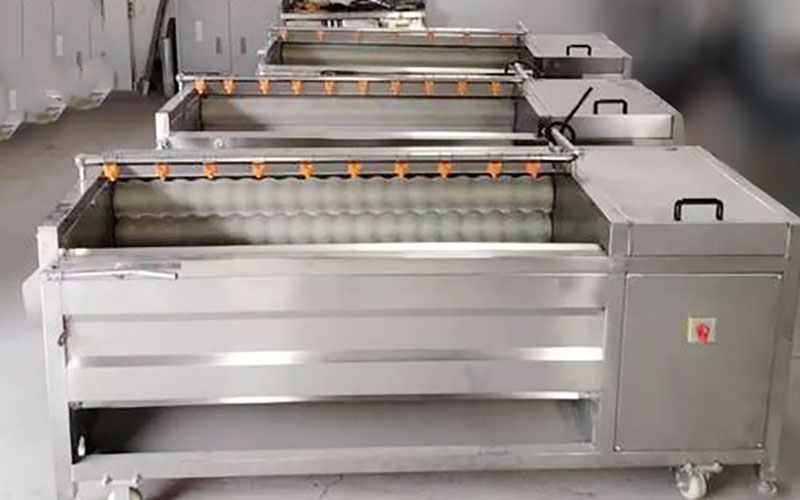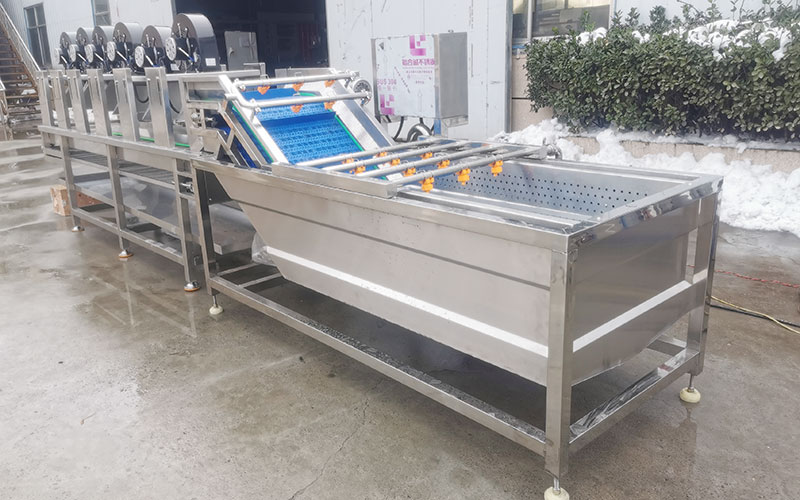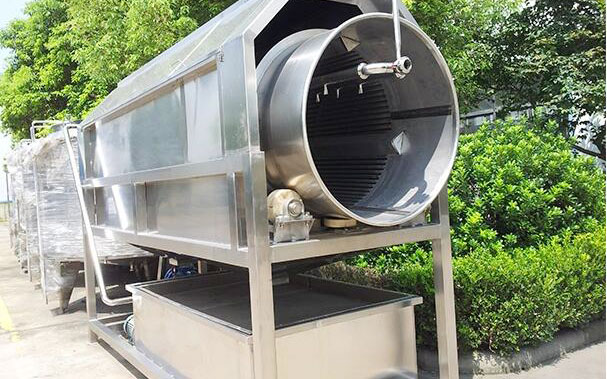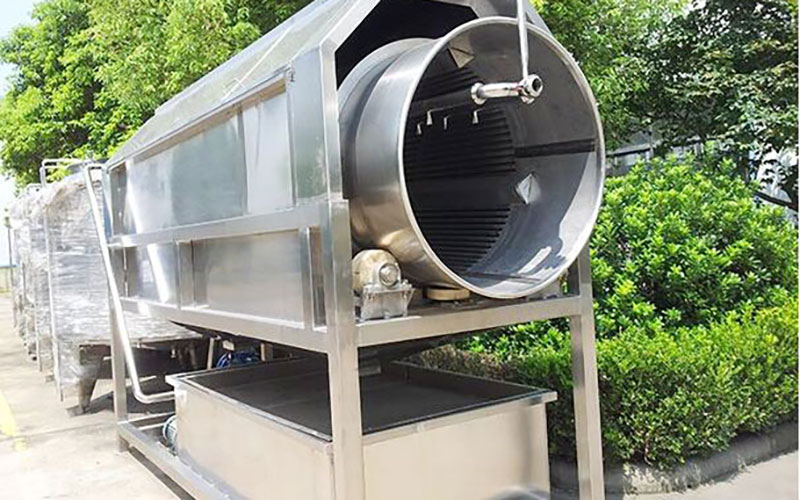In South Africa, where potatoes (aartappels) are not only a dietary staple but a key crop for commercial growers and processing plants, investing in a potato washing machine South Africa can greatly improve productivity, hygiene, and overall potato quality. Whether you’re supplying clean table potatoes to Cape Town supermarkets, prepping for French fries in Gauteng, or exporting processed spuds from Limpopo, the right washing equipment matters.
So, what should South African growers and food processors consider when choosing a potato washing machine? Let’s unpack this, Mzansi-style, with insights tailored to our local industry.
✅ Why Is a Potato Washing Machine Important?
Potatoes come straight from the earth with mud, sand, stones, and decaying plant material stuck to their skins. Manual cleaning is time-consuming, water-intensive, and inconsistent. A potato washing machine automates this process, improving:
Cleaning Efficiency: Removes 95%+ of dirt and debris.
Labour Savings: Reduces reliance on seasonal or casual labour.
Water Usage: Recycles water through filters or sedimentation tanks.
Post-Harvest Loss Reduction: Gentle scrubbing prevents damage to potato skin.
In South Africa’s increasingly water-scarce and labour-sensitive farming context, these machines are not just helpful—they’re becoming essential.
🔍 Potato Variety to Consider
Different South African potato varieties behave differently in washing machines. Here’s how their features affect equipment choice:
Mondial & Valor (firm skin): Ideal for brush-type washers. Less likely to bruise under high-speed rollers.
BP1 or Up-To-Date (loose skin): Require soft-bristle drums or sponge-roller designs to avoid peeling or damage.
Freshly harvested vs. stored potatoes: Fresh ones are tougher to clean due to sticky wet mud. Choose machines with water spray jets and silt separation systems.
💡 Potato Washing Machines for South Africa Types
Brush Roller Washing Machine

Best For: Fresh market potatoes and restaurants.
Capacity: 300 – 2000 kg/h
Features: Nylon brush rollers, rotating drum, water spray nozzle.
Advantage: Gentle cleaning, adjustable roller speed.
Air Bubble Washing Machine

Best For: Pre-processing before slicing or frying.
Capacity: 500 – 3000 kg/h
Features: Air bubbling, water circulation, mesh conveyor.
Advantage: Delicate washing for peeled or pre-cut potatoes.
Drum Washer with Stone Separator

Best For: Farm-level cleaning or bulk handling.
Capacity: 1 – 10 tons/h
Features: Drum rotation, high-pressure sprays, mud separation.
Advantage: Robust design for large commercial potato farms.
Tailoring Machines for South African Conditions
South Africa has a diverse climate and farming structure—from dryland farms in the Free State to irrigated plots in Mpumalanga. When choosing a machine, consider:
Water Efficiency: Many areas face restrictions—opt for machines with sedimentation and filtration systems.
Power Supply Stability: Eskom load-shedding is real—choose machines with energy-saving motors or diesel generator compatibility.
Spare Parts Availability: Source from suppliers with local agents in Johannesburg or Durban for faster turnaround.
Regulatory Compliance: Machines used in food factories must meet SANS 10049 food safety standards. Stainless steel (304 or 316) is best.
🌟 Final Thoughts
Choosing the right potato washing machine South Africa is not just a purchase—it’s a step toward cleaner, more profitable, and export-ready potatoes. Whether you’re a smallholder near Polokwane or run a potato chip plant in Port Elizabeth, the right equipment reduces waste, saves labour, and boosts product quality.
Still unsure which washer fits your spuds best? Leave a comment below, ask your questions, or share this article with fellow farmers and food processors. Let’s grow the future of South Africa’s potato industry—clean, green, and proudly local. 🍟





